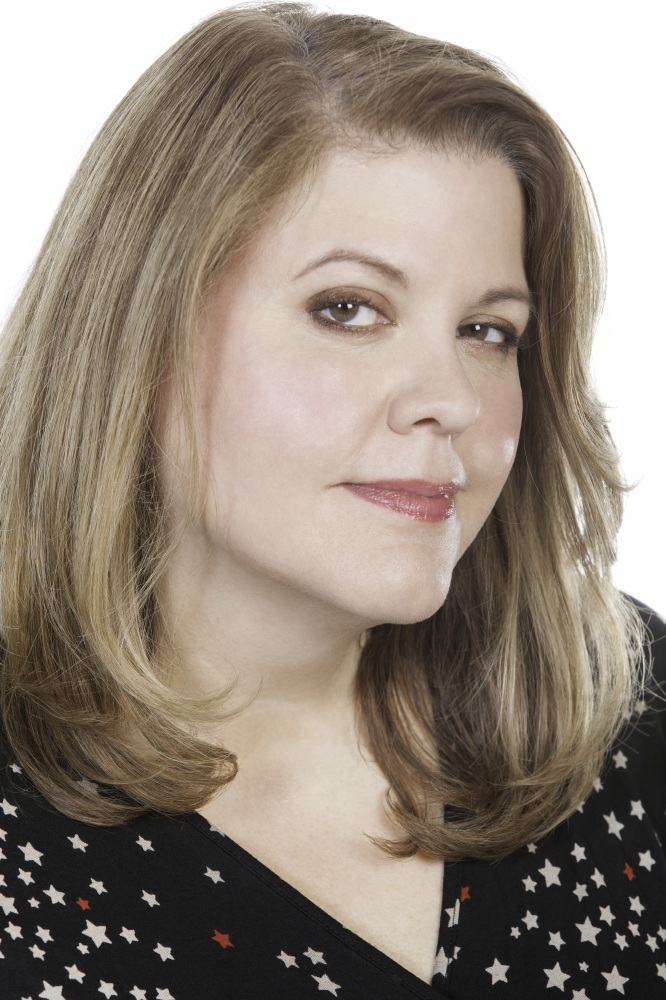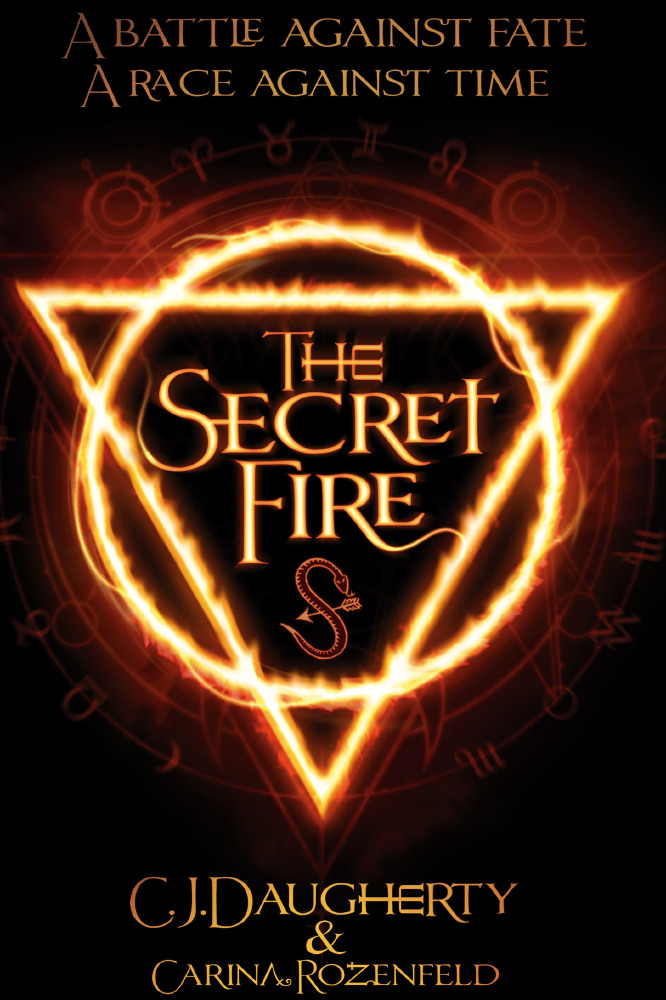By CJ Daugherty
Moving into the fantasy genre is not something a writer should do lightly - one doesn't simply walk into Mordor, after all.

CJ Daugherty
When I genre jumped from crime thrillers ( Night School) to fantasy thrillers ( The Secret Fire), I took my time. I've always read fantasy, but now I had to really READ fantasy. I wanted to see the strings that moved the stories. Find out what made the puppet dance.
So I read and re-read dozens of my favourite books in the genre (Cassandra Clare, Zoe Marriott, Charlie Fletcher, Holly Black…) before sitting down to the computer to write. Here's what I learned along the way.
- Keep it Moving. - My favourite fantasy books rocket along from action to action. Characters shouldn't spend too much time sitting around the beautiful but decayed invisible chateau sharing exposition. They have to RUN.
- Characters Make a Book - If you're going to ask readers to care deeply about the demons gliding in on a hot summer day to kidnap your main character, you need to make sure they know and love that character first. In fact, they need to fall in love with him. Do this by building believable, three-dimensional characters before you cast a reign of hellfire down on them.
- Demons Must be Practical - Ok, so this might seem implausible, but bear with me. All I'm saying is, if you're bringing demonic creatures onto the page they have to be logical demonic creatures. They need to come from somewhere. They need a backstory. If they are not real then they are cartoons, and cartoons are rarely truly scary.
- Use Murder Judiciously - This is a personal thing - I simply do not like books that kill off too many characters. I react to mass murder by shutting down my emotional connection to a book, and from then on I read from a distance. As a writer, you don't want this to happen. You want your reader to stay with you - to trust you. One murder in a book - two at the MOST - is sufficient to terrify a reader without pushing them away.
- The Setting Matters - The Secret Fire is hybrid urban/rural fantasy in that one character lives in Paris and another in Gloucestershire. Thus my co-writer and I had two lovely settings to play with - the exotic elegance of Paris and the bucolic beauty of rural England. Both are relatively unusual settings for fantasy. Most demons, vampires and flying things can be found in New York or London, in my experience. We intentionally didn't choose those cities. Find a setting readers can envision, and then cheerfully destroy it.
- Balance the Darkness with Hope - In young adult fiction - unlike adult - hope matters. If young readers think a situation is hopeless, and if they believe the characters they love will die, they will walk away from your story and never look back. I don't blame them. I hate despair books. Life is hard enough without THAT. I write very dark books, but I always keep the light at the end of the tunnel. There is always a reason to have faith. Hope floats.
- Be Brave - The thing about fantasy is that anything is possible. Flying, super-strength, eternal life, vampires, witches - anything goes. Readers reward the bold - those authors who are willing to take chances and turn tradition on its head, often draw the most attention. As an author, the braver you are, the more interesting things get for everyone.
- Women Read Fantasy - There's no question that fantasy is intrinsically associated with the male of the species. But that connection is fast fading. These days, women and girls are just as ready to be absorbed in a good fantasy book as their y chromosome counterparts. And now that more books in this genre feature strong female characters, there is more to keep them reading. The Secret Fire has two main characters - one male, and one female - and the story is evenly balanced between them. Our hope is that this blurs the distinctions for readers who discriminate by gender. We don't want it to be a boy book or a girl book. It's just a book.
- This is a Welcoming Genre - Some genres can feel quite exclusive - you have to go to the right schools, or know the right people, to fit in. Fantasy isn't like that. All are welcome in its chaotic world, and there are plenty of places to spread the word about your books. There are numerous Comic Cons around the UK throughout the year. These gatherings of all things fantastical attract tens of thousands of visitors and provide a brilliant platform to find out what's happening in the genre, and talk about your own writing.
- Don't be Afraid - I've written crime thrillers before, but never fantasy. And I will admit I was a little intimidated about stepping out of my comfort zone. I'm glad I made the leap. Writing in this anarchic genre changed the way I think - it opened up my writing, and led me to take chances I wouldn't have taken in any other genre. I feel like a better writer for having done it. Sometimes, you just have to close your eyes and jump.

CJ Daugherty is the author of the international bestselling Night School series. Her new series, The Secret Fire, co-written with the award-winning French fantasy author, Carina Rozenfeld, is on sale now (Atom, £6.99).

